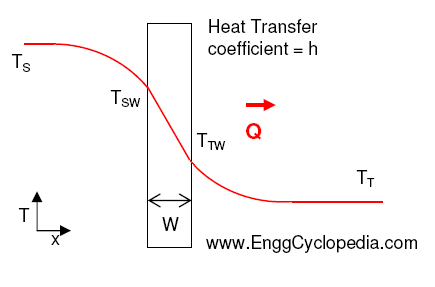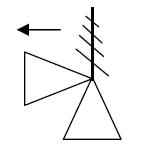Heat and mass balance is a document produced by process design engineers while designing a process plant. Sometimes heat and mass balance is not a separate document but appears alongside the Process Flow Diagram (PFD). A heat and mass balance sheet represents every process stream on the corresponding PFD in terms of the process conditions. Normally a heat and mass balance sheet reports following data for a process stream.
- Normal operating temperature and pressure.
- Normal volumetric or mass flowrate. If multiple phases are involved, flowrate for each phase should be reported.
- Density at normal operating temperature and pressure conditions. If the stream has multiple phases, density for every phase should be reported along with the overall density.
- Viscosity for each phase in the stream should be separately reported.
- If gases are present, vapor fraction should be reported.
- Specific heat ratio Cp/Cv and compressibility factor should be reported for gaseous phase.
- Molecular weight for each should be reported separately.
- Enthalpy flow for each stream is also reported sometimes in KJ/hr.
Heat and mass balance calculations for a process are performed by applying the mass balance equation and the energy balance equation to each equipment. This provides the solver with a set of equations. Above mentioned properties of each stream are the unknown variables. This system has a unique solution when number of unknown variables are equal to number of equations. Therefore some variables are fixed to solve the system. If inlet streams are fully known and defined then the system is solved to know the outlet streams. If the required properties of outlet streams are fixed, then system can be solved to know what should be the inlet to get the required outlet streams.




